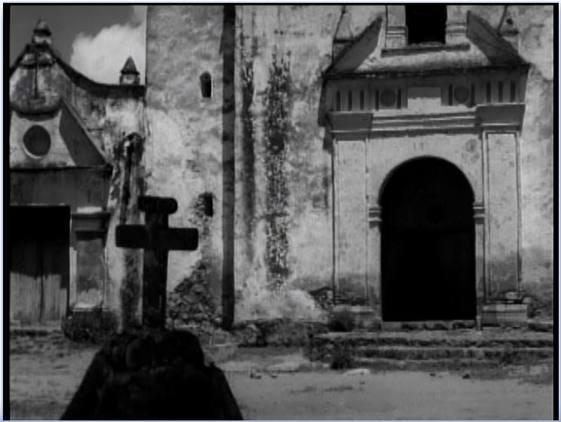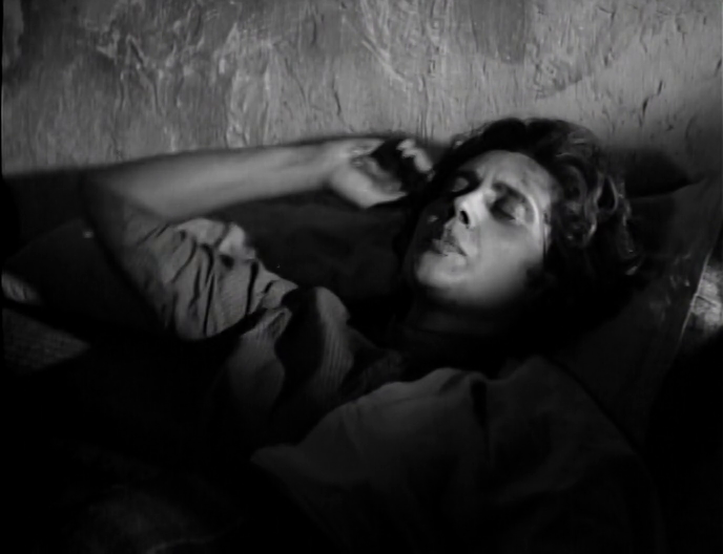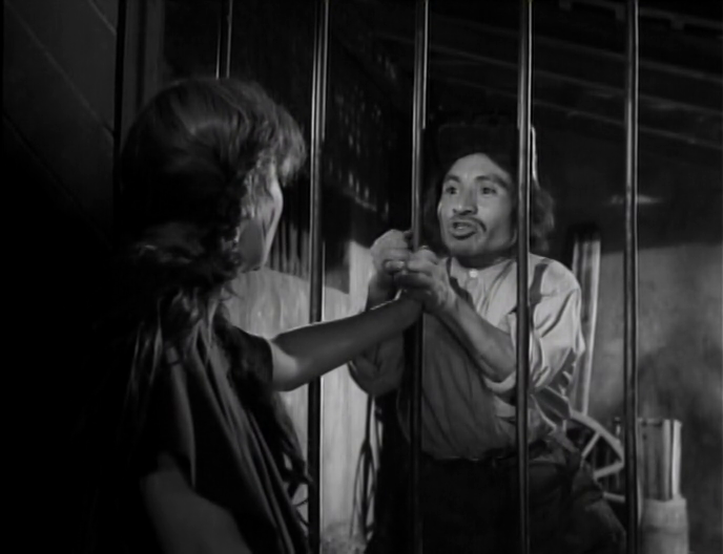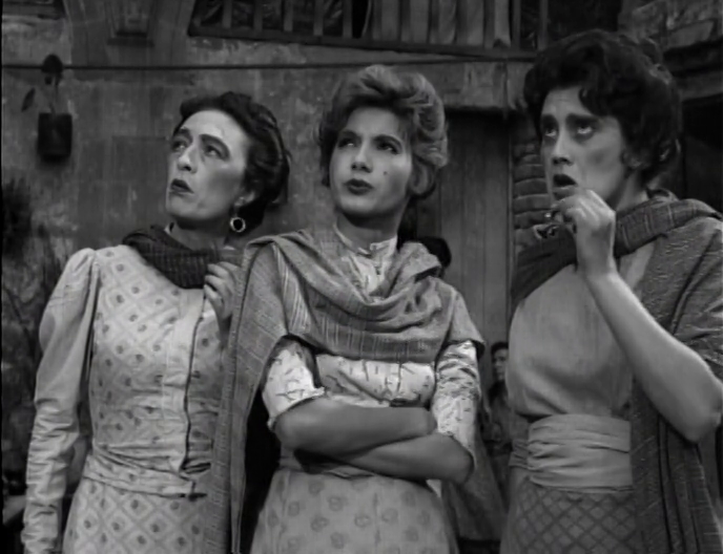 Nazarin is a priest who recently left his order, living a life of solitude in an extremely poor area of Mexico. Living almost exclusively off of the charity of others, Nazarin lives a quiet life. One night a prostitute arrives at his doorstep seeking aid. She is wanted by the police for murder but Nazarin shelters her, eventually being questioned by the police for his actions. After the investigation, Nazarin heads for the countryside where he begins to learn more about human suffering and empathy than he ever could have while he was in the order. Luis Bunuel's Nazarin is a powerful film about a priest whose attempts to live a pure and honest life are greeted with hatred and distrust. Bunuel's disdain for organized religion and the establishment is well known and in Nazarin he creates a film that manages to capture religious naivete in a surprisingly subtle way. While some filmmakers venomously attack people of faith, Bunuel shows a lot of restraint, understanding the good that can come from spiritual healing. Nazarin is a man of good intentions that has been blinded by the institutionalized charity aspect of organized religion, only coming to understand the true power of kindness is a human act, not some divine decree. Like many of his Mexican films, Luis Bunuel's Nazarin is a narrative-driven story that only shows flashes of his iconic imagery, but the restraint he shows in making his point about organized religion is what is truly impressive.
0 Comments
Leave a Reply. |
AuthorLove of all things cinema brought me here. Archives
June 2023
|



 RSS Feed
RSS Feed
